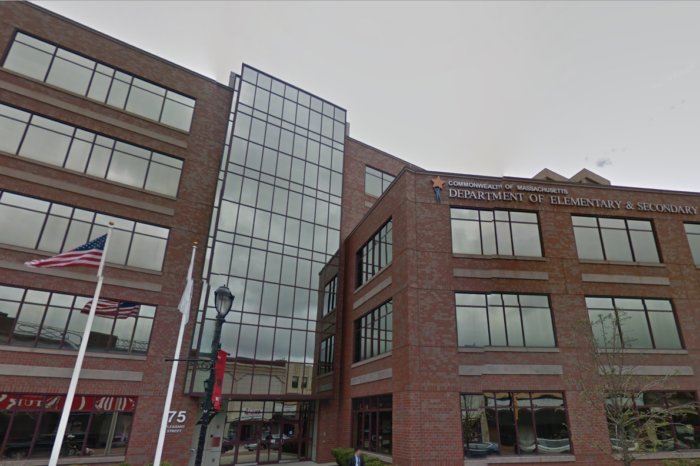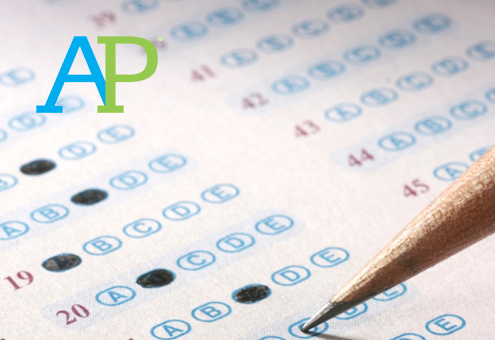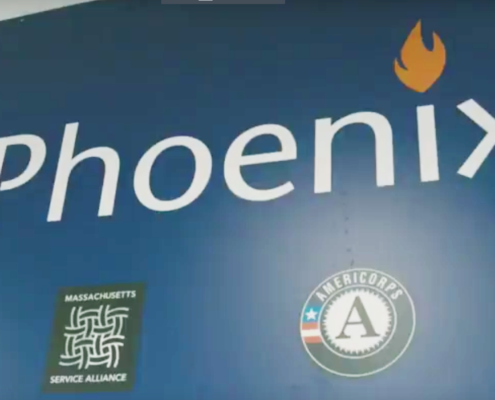Public Statement on MA DESE Blocking Federal Funding to Religiously Affiliated Special Needs Students
“[P]ublic school districts across Massachusetts and state education officials have violated federal law by denying services and government aid to students with disabilities who attend Catholic, Jewish, and other private schools.” That is the finding of the United States Department of Education, as reported in the October 15, 2019 edition of The Boston Globe.
More than a year before the Globe article, Pioneer released a study anticipating this finding. The Massachusetts Department of Elementary and Secondary Education’s (DESE) legal office has played a key role in denying students at religious schools services funded by the federal Individuals with Disabilities Education Act (IDEA) for more than a decade. The DESE’s legal office: (1) regulated in a flawed and arbitrary manner; (2) prevented between $96 million and $290 million from flowing to federally designated students; and (3) encouraged local school districts to underserve these religiously affiliated special education students.
However shocking the legal office’s role is in blocking federal IDEA funding from reaching special needs students, it is not unusual. Special education policy is one of the most unaccountable areas of K-12 education in Massachusetts. The DESE’s legal office has wide authority over special education law. Parents, district officials, lawmakers, advocates, reformers, and researchers alike have long been frustrated by the inability to obtain even basic information from DESE on special education services and policymaking.
Rhoda Schneider, the long-serving general counsel and senior associate commissioner, and her team have previously undermined the independence of the state’s school district accountability office. Her office has enabled DESE to avoid implementing key provisions of the landmark 1993 Massachusetts Education Reform Act, including the law’s requirement that students pass a U.S. history MCAS test to graduate from a Massachusetts public high school.
The DESE’s legal office also played a central role in politicizing the Commonwealth’s once-independent charter school authorization process. In 2009, the department’s scandalous mishandling of the Gloucester Community Arts Charter School approval process was investigated by the state Inspector General because of bureaucratic irregularities and legal obstruction, involving, once again, Ms. Schneider’s legal team.
As far back as the early 1990s, the department’s revolt-of-the-clerks culture, of which Ms. Schneider’s team was a key enabler, became so egregious that the Weld administration, with the full support of Massachusetts’ legislative leadership, went to the extraordinary length of restructuring and streamlining the state Board of Education to compel the department and its staff to fully implement and comply with key aspects of the 1993 law.
The DESE legal office has long perpetuated an unaccountable and legally questionable culture within the department. But the office’s actions regarding the IDEA and students with disabilities go well beyond bureaucratic maneuvering or maladministration. The DESE’s blocking of hundreds of millions of dollars in special education funding from reaching students in religiously affiliated schools exceeds mere scandal – it is a disgraceful violation of federal civil rights law.
Pioneer Institute requests that:
- The Governor, the Secretary of Education, and the Board of Elementary and Secondary Education conduct an independent review with the goal of ensuring that all other federal funds, including Title I monies, have been appropriately allocated; and
- The Commissioner of Elementary and Secondary Education end Ms. Schneider’s decades of opposition to students and parents in nonpublic schools by removing her and, in so doing, conduct a thorough, independent examination of the department’s legal office.
Pioneer Institute is an independent, non-partisan, privately funded research organization that seeks to improve the quality of life in Massachusetts through civic discourse and intellectually rigorous, data-driven public policy solutions based on free market principles, individual liberty and responsibility, and the ideal of effective, limited and accountable government.
Get Updates on Our Education Research
Related Posts












